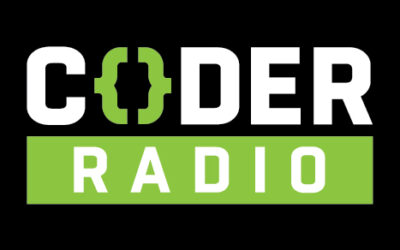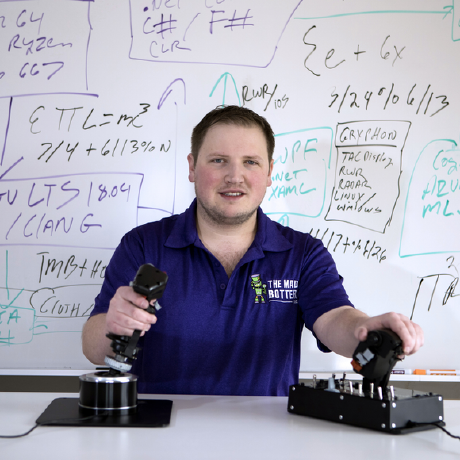
Many commentators myself included have been making some hay out of the trend of developers and other pros moving away from Apple’s macOS in favor of various (usually Ubuntu) distributions of Linux. Vendors like Dell and System76 have seen gains in the professional workstation market against the less then well received MacBook Pro, but Apple is waking up and smelling the professional angst. Apple’s pronouncements in favor of professional computing on macOS and the promise of a revised MacBook Pro as well as a re-designed Mac Pro with a more “modular” design. We’re already seeing the so called Mac Exodus being blunted by Apple’s announcement. The questions becomes less a contest of Linux vs macOS quality and more a race against the inevitable tide of macOS’s professional resurgence. The overall goal for Dell and System76 should be to gain as much market share in the professional workstation space before Apple actually launches new hardware for that market. To that end, I’m going to play “CEO for a day” of Dell and System76 and game out a strategy for both of them respectively. I’m picking on these two firms, because I like them and also feel like they have the best shot of actually being successful.
Dell has money. Lots and lots of money. That’s great but also can lead to conservatism. Their success with the Sputnik project was one of the early and most successful ventures of a major desktop manufacturer into the Linux space. The product it produced – the XPS 13 Developer Edition – is still one of the most compelling Ubuntu laptops available. Dell needs to widen their Ubuntu product-line to include larger higher power models as well as something more akin to the MacBook Air. There will be an R&D / product development cost to this, but it’s going to be worth spending. The other key here is that Dell has a huge asset that System76 won’t – it controls its own production pipeline and has the manufacture of PCs down to a science. That should lead to better yield over competitors which at any reasonable volume means there are some margins to play with there. Dell should cut these margins on select base models of Ubuntu Linux workstations to the bone, nearly selling them at cost. This will make a dramatic cost comparison against Apple, given their already high prices and should also make Dell a very attractive supplier to creative agencies and the like as they look to cut costs in an increasingly competitive environment. Remember, the goal here is to gain market share fast and hopefully create career spanning Linux customers who otherwise would have gone to Apple.
System76 doesn’t have Dell money but it has something else focus. In many ways, they’re already taking the right steps to up their hardware game by moving away from Clevo and Sager hardware and toward producing their own, but more can be done. My expectation is that within the next eighteen months we are going to see more Apple quality hardware from them once their production lines and processes are fully up and running. Sadly, some of it is going to come at a greater cost than money. System76 has good relations with the Linux community and in particular the Ubuntu community. Canonical (the company behind Ubuntu), in what can be described charitably as a pivot toward reality, is dropping its Unity desktop user interface in favor of GNOME and seems to be more focused on IOT and “cloud computing” than the desktop. This makes sense, given that Canonical has limited resources and needs to make real money somehow, someday, someway. The folks at System76 who I’ve met and like very much need to find a way to show leadership in the community by guiding it into a direction that strengthens the Ubuntu desktop as the leading choice for professional workstations. The key here is to lead the community in the right direction but resist the temptation to commit too much of their own limited development resources to the effort. I know what I am suggesting is less being a good community citizen and more leveraging the community, but the reality is that the Linux community has been wasting development resources on alternatives to alternatives for things like package management and window managers — strong leadership could finally close some of these questions and focus the communities efforts.
This is a race against the clock and make no mistake, the window is closing quickly. If Linux workstation vendors such as Dell and System76 can’t make significant gains in market share quickly, then this whole “Mac Exodus” will be little more than a blip in the history of Apple’s domination of the modern professional workstation market. If you have any questions or comments, Tweet me and please checkout my Youtube channel where I offer Docker and DevOps tips.






